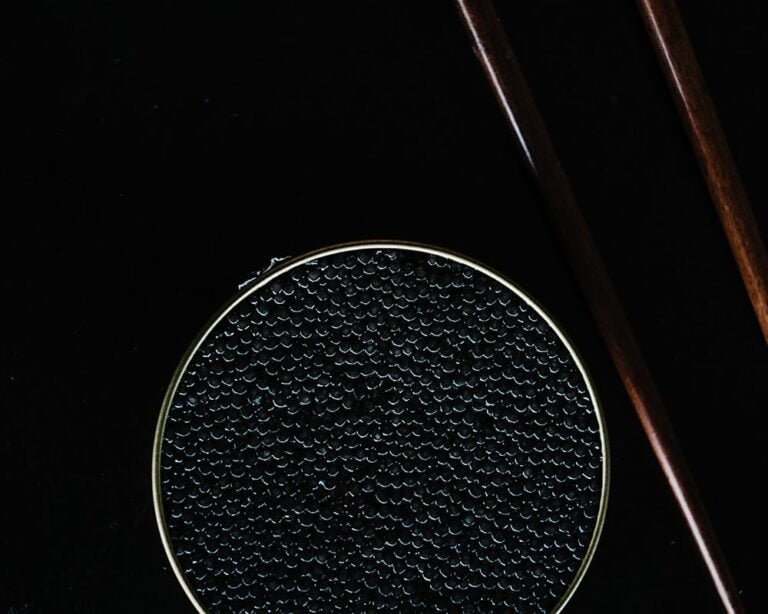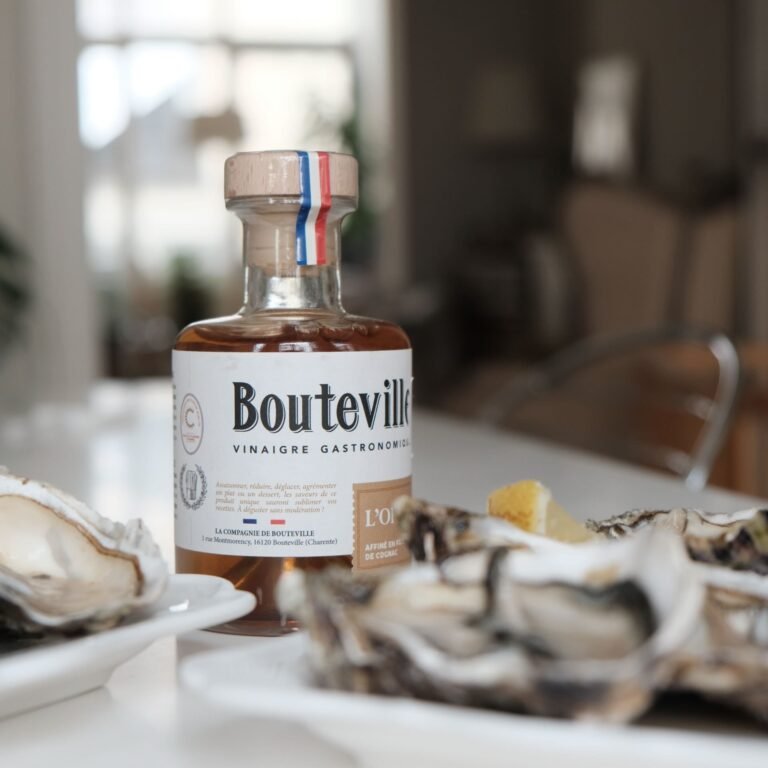Avoir d’autres chats à fouetter
“Avoir d’autres chats à fouetter” means literally “to have other cats to whip.” But in English, this would translate to “to have other fish to fry” or “to have better/more important things to do.” The origin of this expression is unknown. However other expressions involving whipped cats do exist: “éveillée comme un chat qu’on fouette” meaning “as awake as a whipped cat,” for example. Or “il n’y a pas de quoi fouetter un chat” meaning something of no importance.
Do the French hate cats? No, not at all. They love them, in most cases. But these phrases are probably quite old, from a time before modern attitudes to animals.






